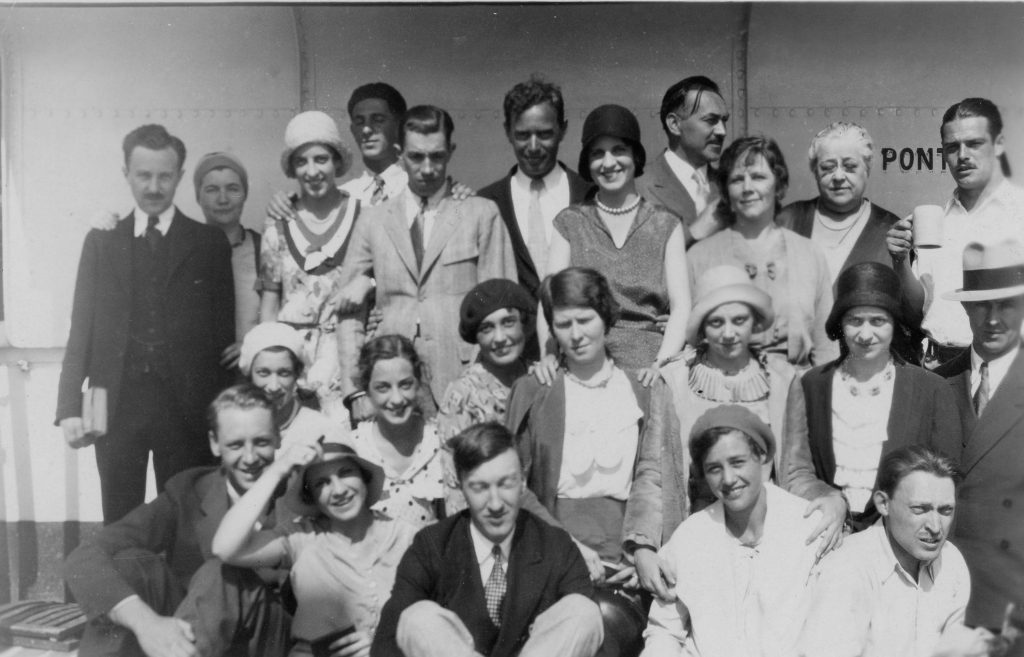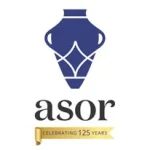
ABOUT ASOR
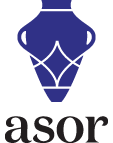 The American Society of Overseas Research (ASOR) is a non-profit 501(c)(3) organization whose mission is to initiate, encourage, and support research into, and public understanding of, the history and cultures of the Near East and wider Mediterranean world, from the earliest times. ASOR is apolitical and has no religious affiliation.
The American Society of Overseas Research (ASOR) is a non-profit 501(c)(3) organization whose mission is to initiate, encourage, and support research into, and public understanding of, the history and cultures of the Near East and wider Mediterranean world, from the earliest times. ASOR is apolitical and has no religious affiliation.
We were founded in 1900 by twenty-one institutions—including Harvard, Princeton, Yale, and Columbia. Over a century later, ASOR has approximately 53 consortium institutions, including universities, seminaries, museums, foundations, and libraries. In addition, we have more than 2,200 individual members and more than 17,000 Friends.
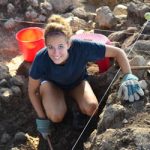 We remain true to our original mission – initiating, encouraging, and supporting research into the cultures of the Near East from the earliest times, and helping the public to understand the findings of that research, as outlined in our strategic plan. ASOR fosters original research, archaeological excavations, and explorations; encourages scholarship in the Near East’s basic languages, cultural histories, and traditions; builds support for Near Eastern studies; and advocates high academic standards. ASOR also offers educational opportunities in Near Eastern history and archaeology to students from all over the world, and through outreach activities to the public.
We remain true to our original mission – initiating, encouraging, and supporting research into the cultures of the Near East from the earliest times, and helping the public to understand the findings of that research, as outlined in our strategic plan. ASOR fosters original research, archaeological excavations, and explorations; encourages scholarship in the Near East’s basic languages, cultural histories, and traditions; builds support for Near Eastern studies; and advocates high academic standards. ASOR also offers educational opportunities in Near Eastern history and archaeology to students from all over the world, and through outreach activities to the public.
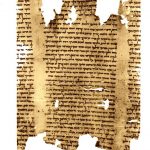 ASOR communicates news of the latest research findings in our publications, through lectures at the Annual Meeting, and our independent overseas institutes in Cyprus and Israel facilitate research in the field by students and scholars. ASOR’s book series and journals, such as Near Eastern Archaeology and the Bulletin of ASOR, are intended for both a lay audience and specialist archaeologists, historians, and biblical scholars. ASOR’s Annual Meeting brings together scholars from around the world to present their latest findings and discuss their research. Fellowship programs are available from our overseas institutes to provide funds for work at these institutes as well as for Mesopotamian studies and student travel to the Annual Meeting.
ASOR communicates news of the latest research findings in our publications, through lectures at the Annual Meeting, and our independent overseas institutes in Cyprus and Israel facilitate research in the field by students and scholars. ASOR’s book series and journals, such as Near Eastern Archaeology and the Bulletin of ASOR, are intended for both a lay audience and specialist archaeologists, historians, and biblical scholars. ASOR’s Annual Meeting brings together scholars from around the world to present their latest findings and discuss their research. Fellowship programs are available from our overseas institutes to provide funds for work at these institutes as well as for Mesopotamian studies and student travel to the Annual Meeting.
